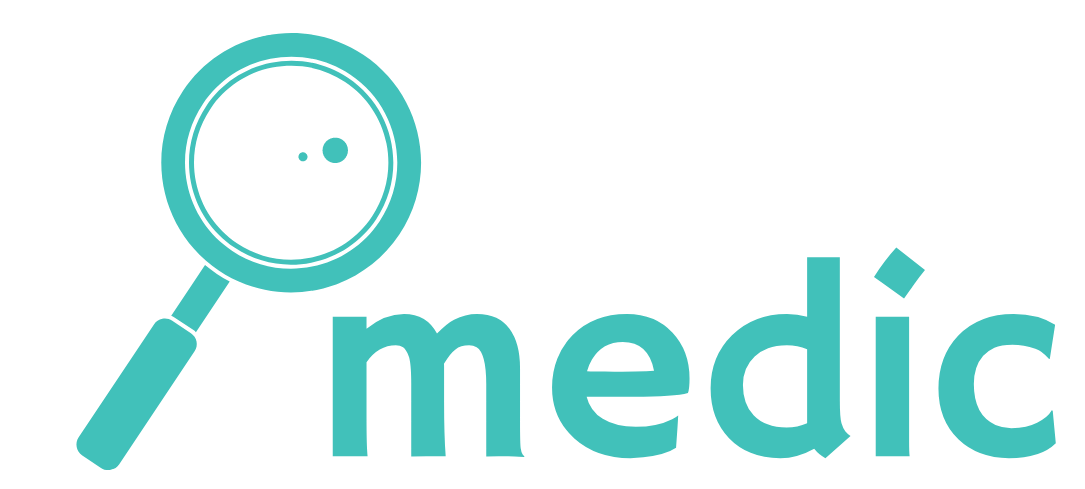Fundamentals of
Conflict Management
Why this workshop?
Whether we are aware of it or not, we carry our proclivities into any social interaction, including (or particularly into) the workplace. Unconscious bias, social intelligence, pre-existing mindset, values, needs and beliefs interact in a workplace ecosystem that is often prone to conflict as a result of inadequate strategies, structures, procedures and even workspace design. The costs are tremendous, both in terms of lost resources, and in terms of emotional and psychological well-being of those involved.
With the right skills, however, conflict can be used as an opportunity to transform relationships, generate new ideas, and engage in new ways of interacting, whether in the workplace or in day-to-day interpersonal relationships. And the good news is that these skills can be learned and improved.
What we aim to achieve.
By the end of this workshop, participants will be able to:
Understand the dynamics of conflicts and how they evolve
Understand the key factors that drive conflict, so they can identify and manage conflict before it escalates
Identify their own conflict management style, strength and weaknesses
Learn to differentiate between needs, interests, and positions
Understand how perceptions influence or workplace interactions
Select appropriate conflict management strategies
Who is it for?
Team leaders and line managers who want to get better at managing conflicts in their teams*
Business people and self-employed individuals to become more effective in business.
Team members to improve the way they cooperate, improve productivity and reduce conflict, or find better solutions for it.**
Anyone who would like to improve their conflict management skills.
*A customised workshop can be delivered for team leaders, focused on strategies for managing team conflict
** For Agile teams, a customised training can be delivered accounting for the specificities of Agile
What we will cover.
Depending on the duration of the workshop, the following topics may be covered:
Definitions of conflict: what is and what isn’t a conflict?
Conflict costs
The physical impact of conflict
Conflict drivers and dynamics
Constructive and destructive conflict behaviours*
Conflict triggers and the emotional component of conflicts
Differentiating between needs, interests, positions
Steps to analysing a conflict
Intervention strategies at various conflict stages
*A customised workshop can be delivered for team leaders, focused on strategies for managing team conflict
**This workshop can be combined with a pre-workshop CDP assessment
Duration:
1/2 to 2 Days
Workshop contents may vary based on duration.
